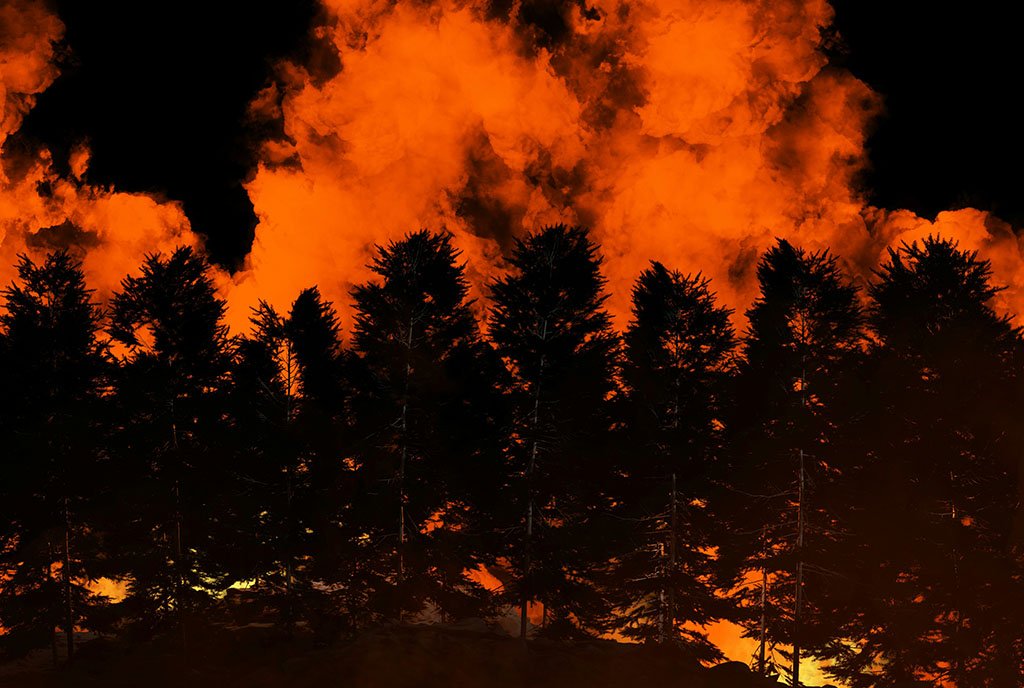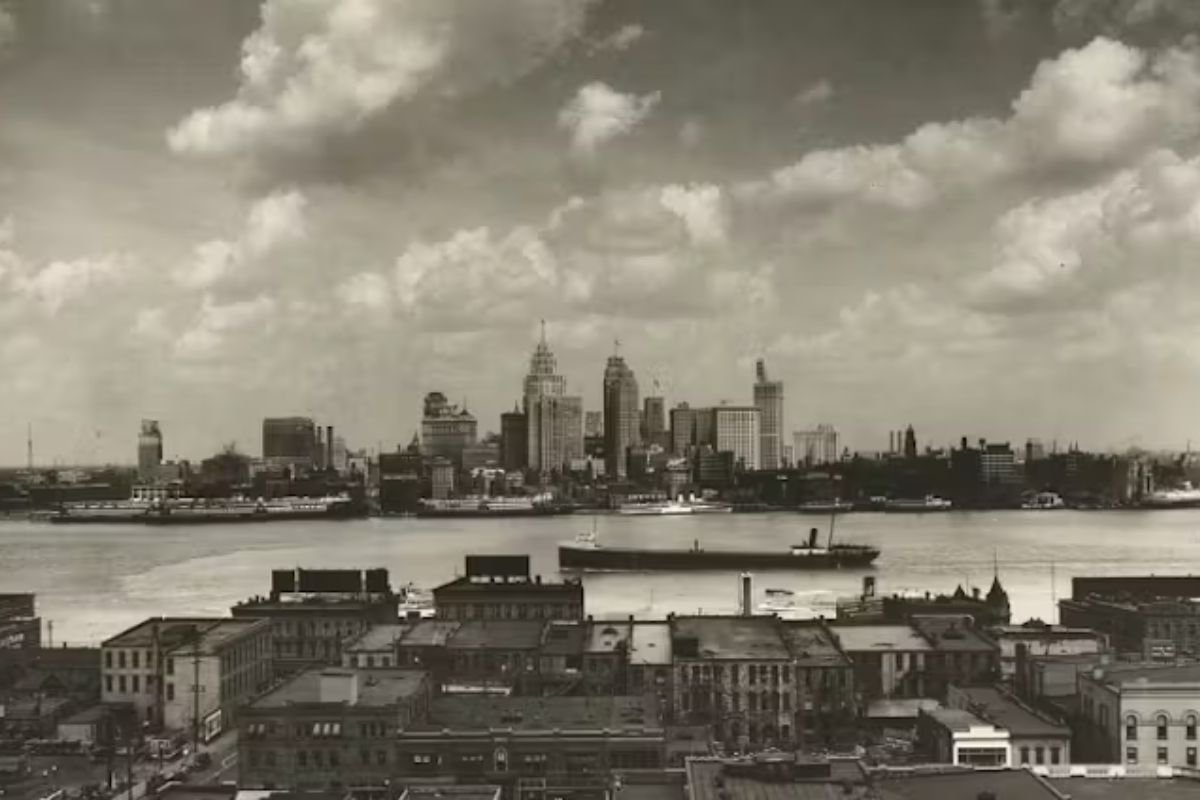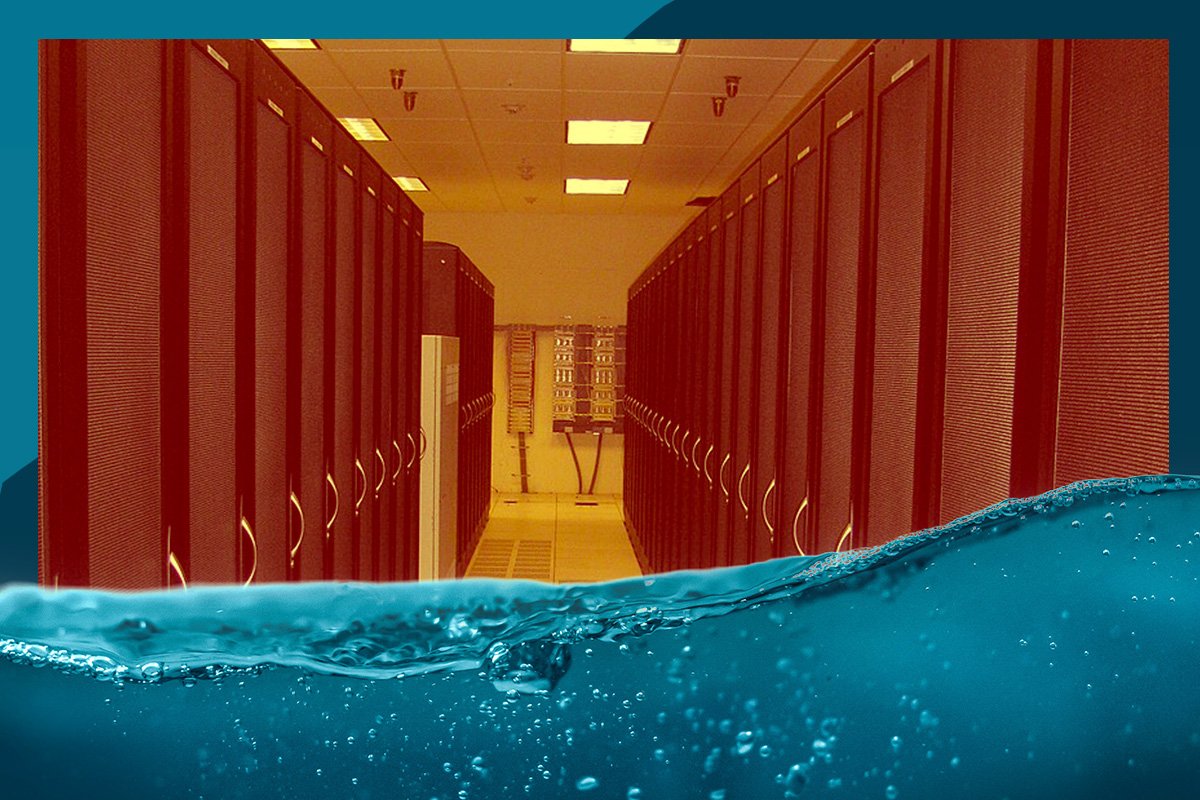
The ongoing fires in Los Angeles County constitute a disaster that is as deadly and destructive as it is distinctive: this is an urban wildfire.
We may think of wildfires as tearing through thick forests, but the fatal California event that began on January 7th, 2025, is burning in a densely populated, urban area. Fueled by unseasonably powerful winds, multiple fires—including the Palisades Fire west of Los Angeles, the Eaton Fire north of Pasadena, and the Sunset Fire in the Hollywood Hills—are feeding off a very flammable shrub ecosystem, consuming thousands of homes and buildings.
At least 10 people have died, with the death toll expected to rise. Hundreds of thousands of people have been evacuated, and more than 35,000 acres have been destroyed, according to NPR, which reported that the massive Palisades and Eaton fires spearheaded the destruction.
This is especially meaningful given the growing awareness of the strain technology like ChatGPT places on the world’s water supply.
The more than 10,000 structures destroyed by fire include homes, historic landmarks, places of worship, long-standing restaurants, and theaters and other performance venues. Fire in such a populated area means hundreds of community buildings have been destroyed, including schools, parks, libraries, and nonprofits. How can these organizations help when their staff is displaced and their homes and centers of operations are threatened? How can nonprofits serve their communities when they themselves are burning?
Watch Duty
It is a nonprofit that many Los Angeles residents have been turning to for accurate, on-the-ground information and alerts: Sherwood Forestry Service, based in Santa Rosa, CA, and their app called Watch Duty.
The app is the nonprofit’s first large-scale initiative, and it has taken off, with 1.4 million new users since the first fire began. According to The San Francisco Standard, by the day after the fire started, Watch Duty “had overtaken ChatGPT as the top free app in Apple’s App Store.”
This is especially meaningful given the growing awareness of the strain technology like ChatGPT places on the world’s water supply. Large amounts of water is needed to cool the servers that run AI chatbots—and as multiple hydrants ran dry in the fires, some people took to social media to link the two.
While AI’s water and power usage and electronic waste does contribute to worsening climate change, in the case of Los Angeles, aging infrastructure and the limited water system simply failed to keep up with the unprecedented strain. As National Geographic wrote, “The city’s water system was never built for fires of this magnitude.”
The same day the fires in Los Angeles began, Meta announced it was ending third-party fact-checking…with potentially dire consequences in the face of disasters.
Launched several years ago, Watch Duty, which is free to download, gives users a wildfire map and alerts in real time. The app monitors air quality, wind direction, and tracks the progress of fires and firefighting efforts using satellite imagery. Users can find shelter information for people and pets, and the latest evacuation orders.
The app also tracks prescribed burns so users can, as the app’s website states, “know if that smoke in the distance is a fire you need to be worried about.” In an emergency, users can share photos to “help first responders and loved ones” see up-to-date conditions and hazards, and to help the larger world understand the urgency of a fire.
Stop the Spread
It’s that last bit where people, no matter how close they are to the fire’s epicenter, can help. As the severity and frequency of our climate disasters increase worldwide, so does the prevalence of misinformation about them.
The same day the fires in Los Angeles began, Meta announced it was ending third-party fact-checking, a decision with potentially dire consequences for disaster response. Misinformation—and disinformation, which is deliberate and knowingly false content—already spread online about the Los Angeles wildfires includes that the fires were not a climate disaster but “planned,” a deliberate “attack.” As Mother Jones wrote, “This serves two purposes: casting doubt on the established science of climate change, and finding a more politically useful target to pin a disaster on.”
According to NPQ in a piece from 2022, “Although the distinction between disinformation and misinformation rests on the political intentions of those who are sharing false content, they both result in significant harm.”
Sign up for our free newsletters
Subscribe to NPQ's newsletters to have our top stories delivered directly to your inbox.
By signing up, you agree to our privacy policy and terms of use, and to receive messages from NPQ and our partners.
Even those with good intentions can spread inaccurate information when posting out of haste (for example, misinformation about which shelters are open or accept pets). People can help stop the spread of misinformation by posting vetted sources with verified info, and, as in a climate emergency, information can change quickly, making sure it’s up to date.
The same is true of donations—and here’s where nonprofits like Charity Navigator and GuideStar can assist: by providing contact and reputation information on aid groups, nonprofits, and charitable organizations, and easy ways to donate to them.
Our definition of help may need to change: from a one-time event to a lifelong practice.
Think of Your Neighbors
While the need to act locally on climate continues—especially as the country approaches a second Trump administration with policies hostile to the environment—the magnitude of the Los Angeles fires will require a staggering amount of assistance. The economic loss in Los Angeles is expected to be at least $50 billion, with the fires predicted to be one of the most expensive disasters in US history.
For more immediate help, communities are turning to mutual aid efforts like Mutual Aid LA Network (MALAN) for support. MALAN has published a Google Doc listing many organizations and resources available to help affected community members.
Recovery will be extended and ongoing. Donations are needed now, and for a long time to come, yet the disaster, like the Appalachian floods from Hurricane Helene before it, will likely be replaced by another climate event and another. Our definition of help may need to change, from a one-time event to a lifelong practice.
Our definition of neighbor may need to change as well because, no matter how far we are from California, its losses hurt all of us—and no one is far from a climate disaster now. Every person, every organization, every institution might be only one windy day away from destruction, and to face that fact requires both global action and personal change.
As The New York Times wrote, “Now Los Angeles is burning. The fires are spreading, and the winds are still gusting. We don’t know where will be next.”
For more on this topic:
The Appalachian Nonprofits Helping in Helene
Combatting Disinformation and Misinformation: A Struggle for Democracy and Racial Justice










